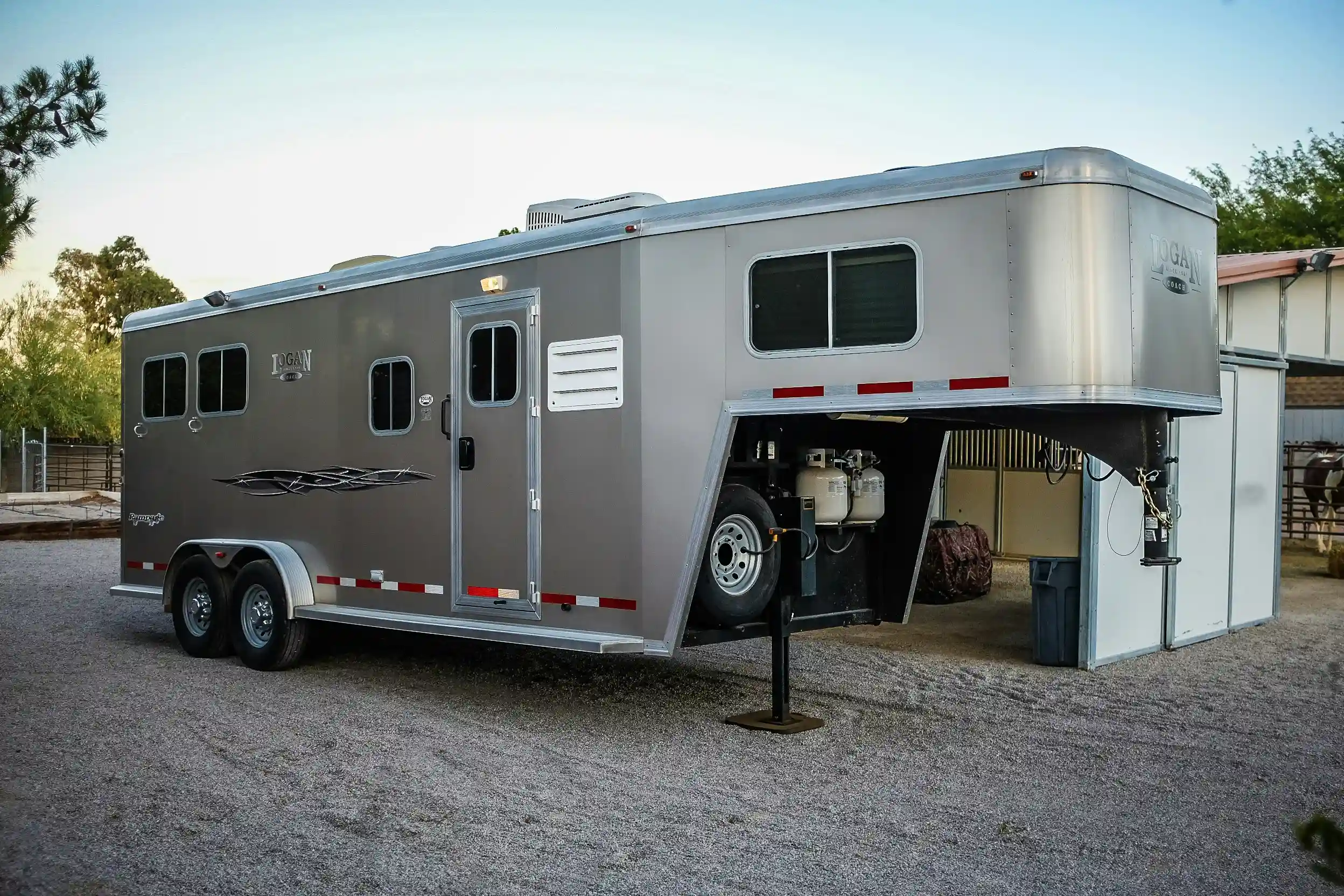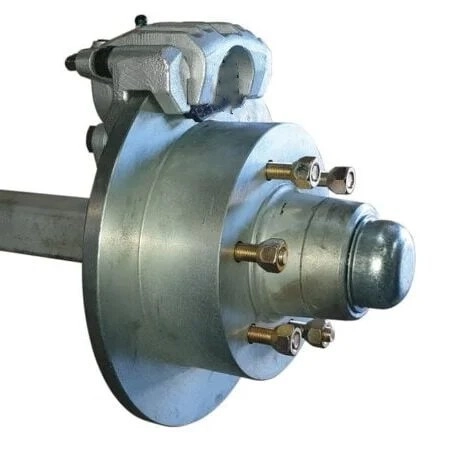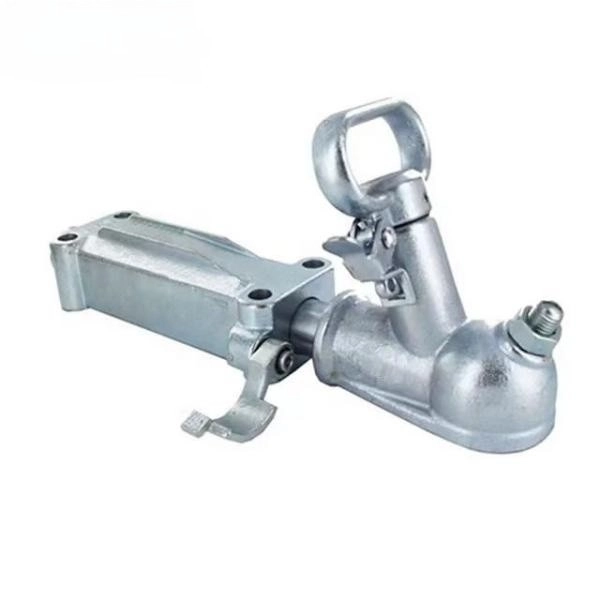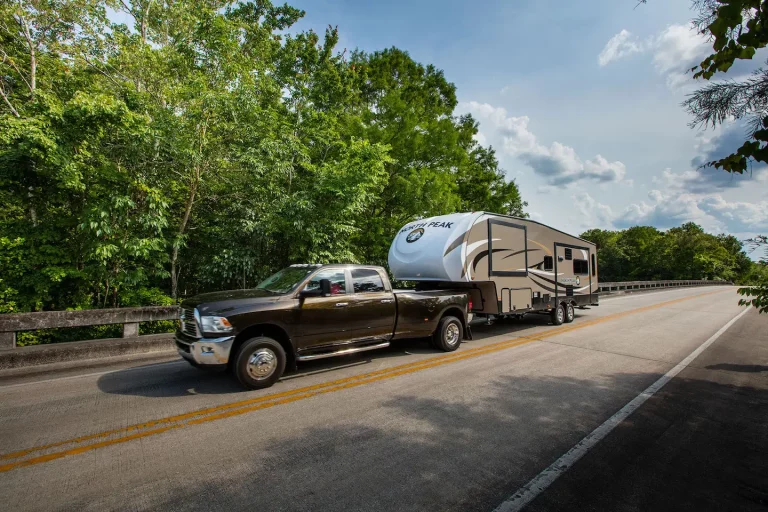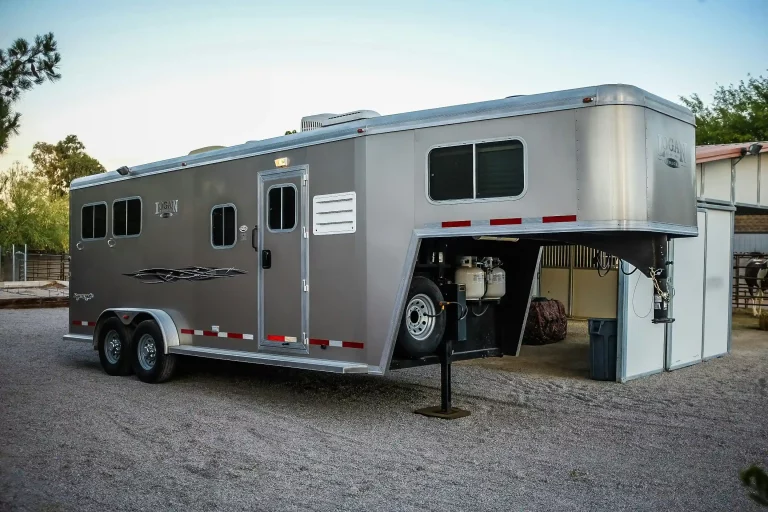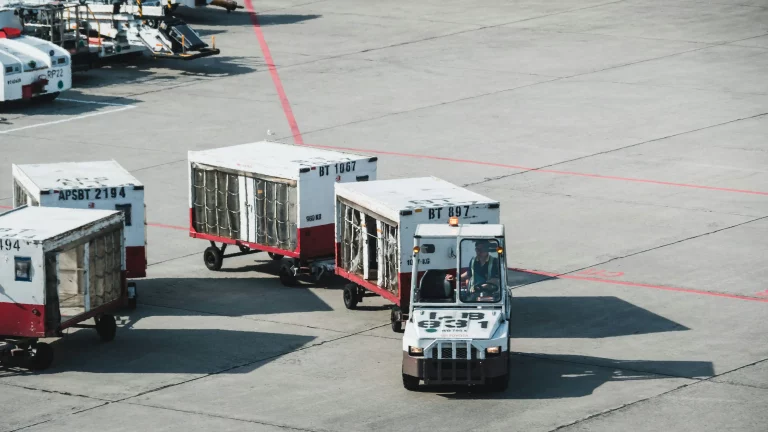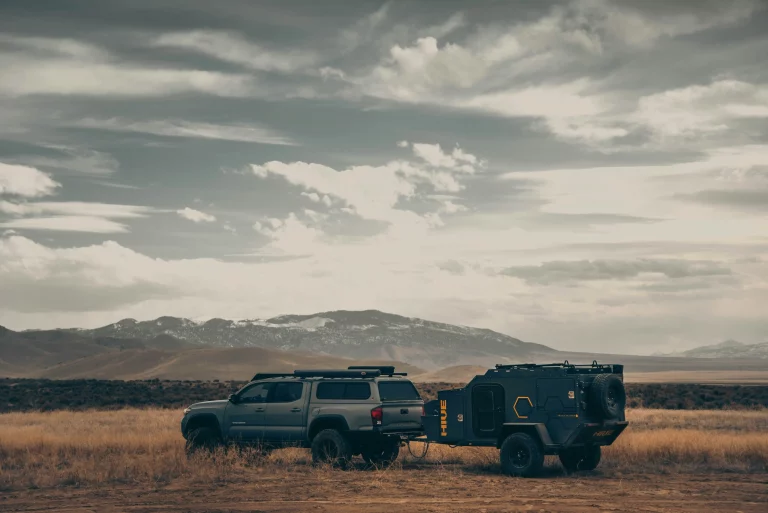Pulling a trailer across Victoria, Australia, offers a thrilling chance to discover the region’s breathtaking scenery. You might journey along the Great Ocean Road or haul equipment through Melbourne’s lively streets. Yet, grasping Victoria Australia Trailer Towing Speed Limits is vital for remaining secure, lawful, and steady on the route. Unlike certain Australian regions with rigid towing speed ceilings, Victoria takes a lenient stance. It permits drivers to follow posted speed signs—if circumstances allow. So, how do these guidelines vary between highways and city zones? And what should you remember to guarantee a hassle-free towing trip?
Understanding Victoria’s Trailer Towing Rules
Victoria distinguishes itself among Australian states by not enforcing a fixed towing speed cap. Rather, the state ties towing speeds to the displayed limits for any specific road. This could be a remote highway or a busy town lane. This adaptability empowers drivers. However, it includes an essential condition: you must always “adjust to the situation.” In other words, you need to alter your pace based on weather, traffic, road state, and your trailer’s heft.
Here’s a brief summary of the core principles:
- No Fixed Towing Speed Limit: Unlike Western Australia’s 100 km/h ceiling, Victoria lets towing vehicles align with the posted speed. For instance, this might mean 110 km/h on highways or 50 km/h in city zones.
- Adapt to Conditions: Safety outweighs velocity. If rain, mist, or a bulky load hinders control, you’re legally required to decelerate.
- Manufacturer Limits: Certain vehicle makers, such as Ford or Subaru, set their own towing speed boundaries. Check your manual to avoid nullifying warranties or insurance.
This method grants liberty. But it also demands accountability. Let’s see how these rules unfold on highways compared to urban settings.
Victoria Australia Trailer Towing Speed Limits on Highways
Highways like the Princes Highway or Hume Freeway often boast speed limits of 100 km/h or 110 km/h. Towing vehicles can legally hit these speeds in Victoria—if conditions are perfect. Still, towing on highways brings distinct hurdles that can influence your safe pace.
Key Factors Influencing Highway Towing Speeds
- Trailer Heft and Balance: Weighty trailers, like caravans with a Gross Trailer Mass exceeding 2,000 kg, need extra stopping space. They may wobble at faster speeds. A packed trailer could nudge you to ease below the posted limit.
- Weather Shifts: Victoria’s highways sometimes face abrupt rain or gusts, especially near coasts or hills. Strong winds can unsettle trailers. This makes 110 km/h risky, even if permitted.
- Vehicle Strength: Your tow vehicle’s power and braking systemare critical. Ensure your brakes and suspension match the load.
Practical Tips for Highway Towing
- Stick to a pace 10-20 km/h under the limit if you’re new to towing or hauling a hefty load.
- Use towing mirrorsto watch your trailer’s movements. Wobbling might hint it’s time to slow.
- Keep a wider gap ahead. Experts recommend doubling the usual distance to offset longer braking stretches.
On a bright day with a steady trailer, reaching 110 km/h on the Monash Freeway might seem doable. But if conditions change, Victoria’s “adapt to conditions” rule holds you responsible for easing off.
Victoria Australia Trailer Towing Speed Limits in Urban Areas
Towing in Victoria’s urban spots—like Melbourne’s inner neighborhoods or Geelong’s crowded roads—differs sharply from highways. Posted speed limits usually span 40 km/h to 60 km/h. They drop to 50 km/h in residential areas unless signs say otherwise. Towing here calls for accuracy and care.
Challenges of Urban Towing
- Traffic Volume: Packed streets bring frequent halts and starts. This tests your trailer’s brakes and your calm.
- Slim Lanes: Narrow paths and parked cars can restrict movement. This is trickier with broader trailers, up to the legal 2.5m width.
- Pedestrian Spots: School areas or shopping zones often dip to 40 km/h or less. Stay alert for signs.
Urban Towing Speed Guidelines
| Area Type | Typical Speed Limit | Towing Considerations |
| Residential Streets | 50 km/h | Drop to 40 km/h in dense traffic or showers |
| School Zones | 40 km/h | Required—note active times |
| City Center | 40-60 km/h | Slow near crossings or trams |
In city settings, following the posted limit often works. Yet, factors like rush-hour jams or damp roads may demand a gentler pace. For instance, towing a boat trailer through St Kilda at 50 km/h might be lawful. But 30 km/h could be wiser during a rainstorm.
Comparing Highways and Urban Areas: A Side-by-Side Look
To shed light on how Victoria Australia Trailer Towing Speed Limits apply, here’s a comparison:
| Aspect | Highways | Urban Areas |
| Max Posted Speed | 100-110 km/h | 40-60 km/h |
| Typical Safe Speed | 80-100 km/h (load-dependent) | 30-50 km/h (traffic-based) |
| Key Risks | Wobble, gusts, long braking | Jams, sharp turns |
| Equipment Needs | Tow mirrors, sway control | Solid brakes, alertness |
Highways focus on balance and range. Urban zones, however, need nimbleness and swift reactions. Adjusting your pace to these settings ensures you’re lawful and safe.
Additional Considerations for Towing in Victoria
Beyond speed caps, several elements shape your towing journey in Victoria:
- Learner and Provisional Drivers: L-plate drivers can’t tow in Victoria. Meanwhile, P-platers face no pace-specific towing limits beyond posted signs.
- Trailer Gear: Trailers over 750 kg GTM need brakes on at least one axle. Those over 2,000 kg require brakes on all wheels, plus a breakaway setup.
- Road Varieties: Unpaved tracks, common in rural Victoria, may call for speeds as low as 60-80 km/h. This applies even without signs, due to gravel or dust risks.
Always inspect your trailer coupling and safety chains. Victoria’s road safety rules are firm on gear standards.
Introducing GO Trailer: Your Towing Partner
Before we finish with FAQs, let’s highlight GO Trailer, a reliable name in trailers and parts. Located in Australia, GO Trailer provides a broad array of top-notch trailers and extras. This includes robust tow hitches and dependable braking systems. Whether you’re enhancing your rig or seeking spares, their catalog at GO Trailer has it all. Their know-how ensures your towing escapades in Victoria—on highways or in cities—stay secure and smooth.
FAQs on Victoria Australia Trailer Towing Speed Limits
Q1. What’s the top speed for towing on Victoria’s highways?
A1. There’s no set towing speed limit in Victoria. Drivers can match the posted limit, like 110 km/h on highways. Still, you must tweak your pace for weather or load heft. Often, 80-100 km/h feels safer.
Q2. Are Victoria Australia Trailer Towing Speed Limits distinct in urban areas?
A2. Not directly. Urban limits, usually 40-60 km/h, apply to towing vehicles too. But crowded roads or slim lanes often mean slower speeds for safety, even if the sign allows more.
Q3. Can I tow at 110 km/h with a bulky trailer in Victoria?
A3. Yes, if the highway’s posted limit is 110 km/h and conditions are flawless. However, hefty trailers stretch stopping gaps and raise wobble risks. So, many opt for 90-100 km/h for steadiness.
Q4. Do vehicle makers impact Victoria Australia Trailer Towing Speed Limits?
A4. Yes. Some brands, like Subaru, cap towing at 80 km/h. Review your manual. Going beyond these could affect warranties or insurance, even if Victoria’s rules permit faster speeds.
Take Charge of Your Towing Adventure
Mastering Victoria Australia Trailer Towing Speed Limits needn’t be intimidating. On highways, enjoy the leeway of higher speeds while heeding conditions. In urban spots, focus on precision and caution. Arm yourself with solid know-how—and proper gear. Then, you’ll tow boldly across Victoria’s varied paths.
Ready to roll? Swing by GO Trailer for premium trailers and parts suited to your needs. Whether it’s a tough tow hitch or advanced brakes, we’ve got the gear to keep your towing safe and easy. Check out our selection today and cruise Victoria like an expert!


